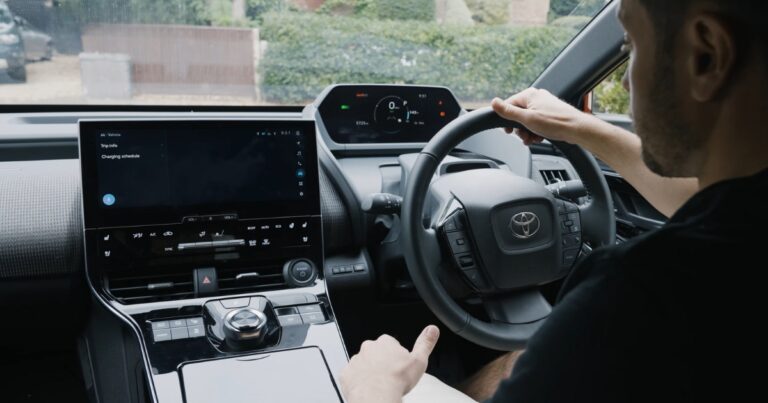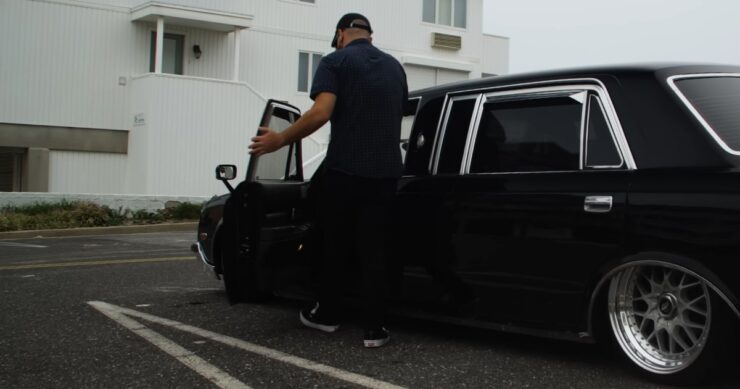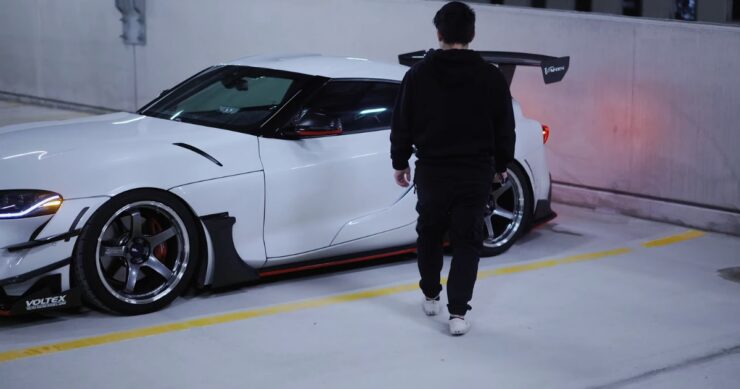The Toyota Corolla, one of the world’s best-selling cars, has long been renowned for its durability and reliability.
This compact car has earned a stellar reputation for being a dependable, long-lasting vehicle.
But does the Corolla truly live up to its durable reputation?
Real-World Data on Toyota Corolla Durability

Real-world data underscores the Toyota Corolla’s reputation for durability.
On average, a well-maintained Corolla can last between 200,000 to 300,000 miles, with some owners reporting even higher mileage milestones.
It is a fruit of Toyota’s engineering excellence and the importance of regular maintenance.
The average lifespan of a Corolla is about 10 to 15 years, making it one of the most durable cars in its class.
Reliability ratings from sources like Consumer Reports consistently place the Corolla at the top of the charts. These evaluations cover various aspects, including:
- Engine performance
- Transmission reliability
- Overall build quality

The Corolla’s high scores reflect its ability to perform reliably year after year.
Certain models of the Corolla are particularly noted for their exceptional durability.
For instance, the 2004, 2007, 2011, and 2019 models are frequently highlighted for their long-lasting performance.
These models have fewer reported issues and tend to reach higher mileage with fewer major repairs, cementing their status as durable and reliable vehicles.
Factors Contributing to the Durability of Toyota Corollas
Several factors contribute to the Toyota Corolla’s renowned durability.
| Factor | Description |
|---|---|
| Manufacturing Quality | High standards and quality materials ensure robust construction and longevity. |
| Regular Maintenance | Routine maintenance (oil changes, brake inspections, tire rotations) extends vehicle lifespan. |
| Driving Conditions | Engineered to handle various conditions, ensuring resilience and durability. |
| Design and Engineering | Reliable design minimizes breakdowns and extends vehicle life. |
Common Issues and Their Impact on Durability

While the Toyota Corolla is celebrated for its durability, it is not without its common issues.
One notable problem is excessive oil consumption, which has affected some models.
Owners have reported that certain Corollas, especially those from earlier generations, tend to consume more oil than expected.
However, Toyota has addressed this issue through recalls and extended warranties, ensuring that affected vehicles receive the necessary repairs.
Transmission problems have also been reported, particularly in the 2003 model year.
Some owners experienced issues with the automatic transmission, which could lead to costly repairs if not addressed promptly.
Regular transmission maintenance and attentive driving habits can mitigate these problems.
Other common issues include slow engine start-up, problems with the EVAP system, and airbag recalls.
Slow engine start-up can often be traced to battery or ignition system issues, which are relatively easy to fix.
EVAP system issues, related to the vehicle’s emission control, can affect fuel efficiency and require timely repairs.
Airbag recalls, while concerning, have been addressed by Toyota through comprehensive recall campaigns to ensure driver and passenger safety.
Comparison with Competitors

The Toyota Corolla’s reputation for durability is often compared to competitors like the Honda Civic and Mazda 3.
While the Corolla is known for its reliability, it has faced criticism for not being as fun to drive as its rivals.
The Civic and Mazda 3, for instance, are praised for their sporty handling and driving dynamics, which appeal to enthusiasts seeking a more engaging driving experience.
Many Corolla owners opt for modifications to enhance their car’s performance and driving enjoyment. Upgrades such as improved suspension systems, performance tires, and aftermarket exhausts can transform the Corolla into a more exciting vehicle.
However, the balance between reliability and performance is a crucial consideration. While the Corolla may not be the sportiest car on the market, its unmatched durability and low maintenance costs make it an attractive choice for those prioritizing long-term dependability over short-term thrills.













